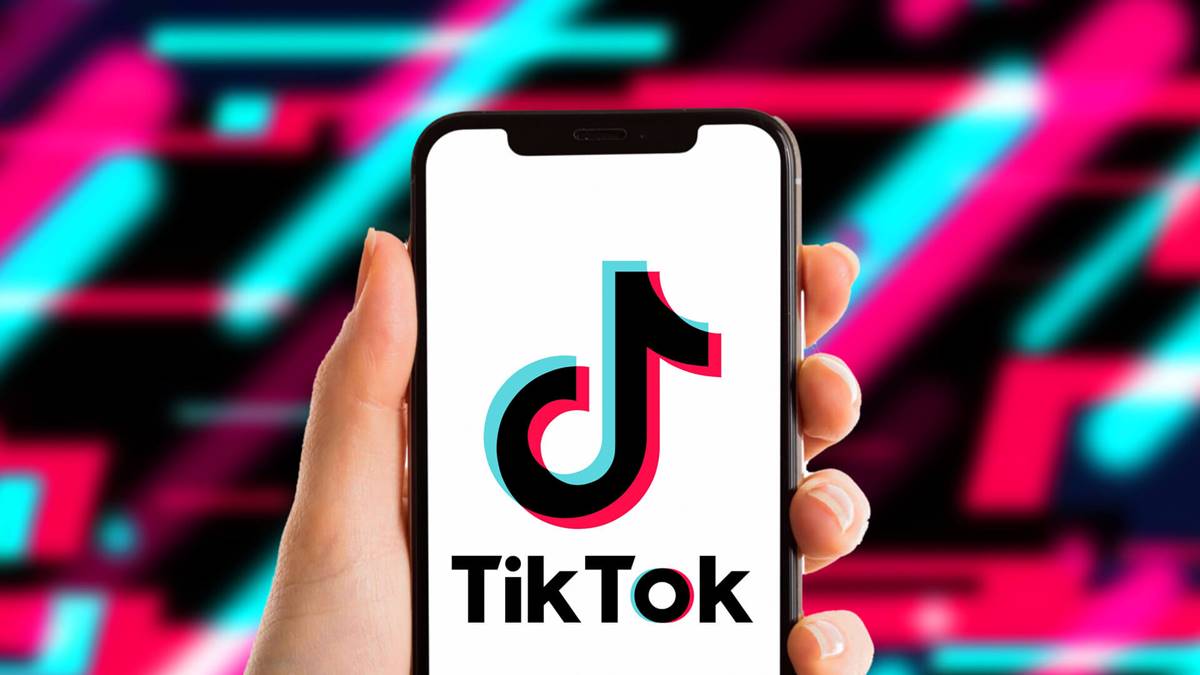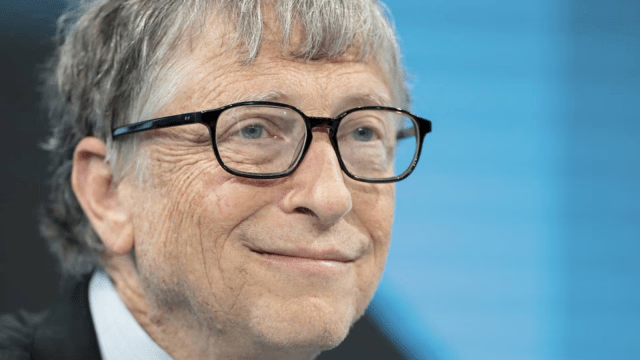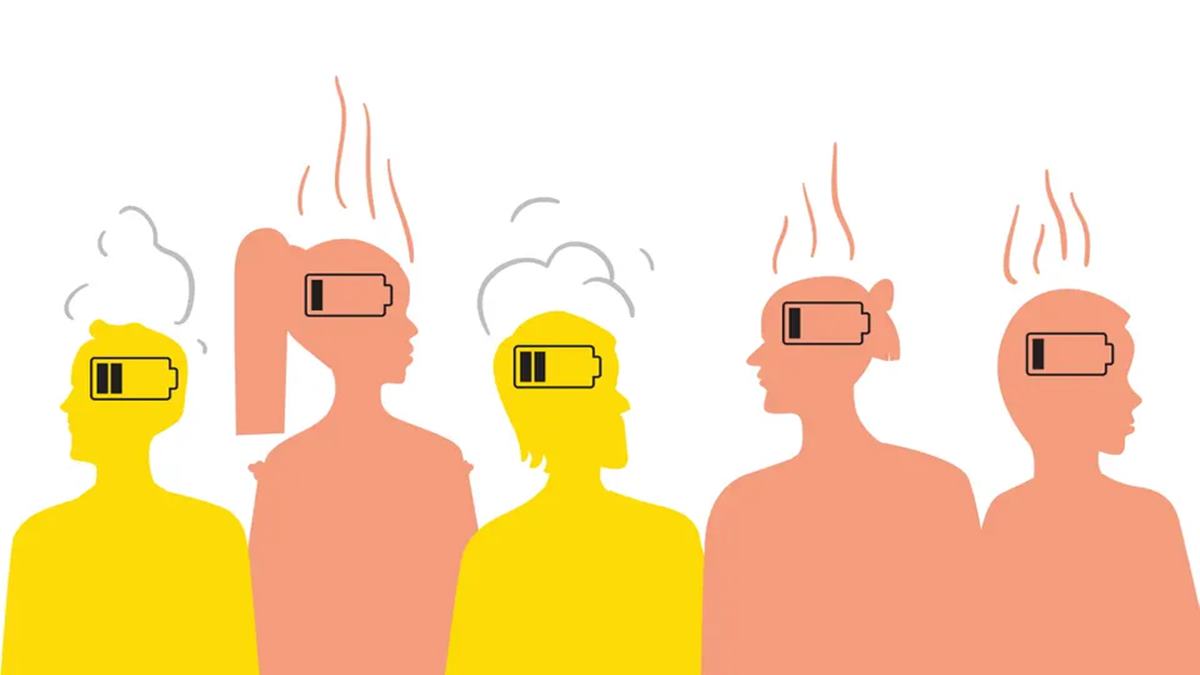The traditional career playbook is being rewritten, one TikTok video at a time.
While HR executives have long relied on performance reviews, mentorship programs and communications tools to guide employee development, Gen Z has found a new career coach: social media. And while it’s a trend that’s been taking shape for some time, giving way to terms like “QuitTok,” fresh research indicates it may be becoming more entrenched.
A survey by Gateway Commercial Finance, a financial services firm catering to small and midsized B2B companies, reveals that most Gen Z workers (63%) have taken career advice directly from platforms like Reddit, YouTube and TikTok, while nearly 1 in 4 (22%) have quit their jobs after being influenced by something they saw on social media.
For HR leaders, it represents a fundamental shift in how the ascendant workplace generation forms expectations, makes decisions and defines workplace success.
“Gen Z isn’t simply rejecting tradition; they’re reframing what success at work looks like,” says psychotherapist and leadership coach Angela Williams.
The new mentor
Reddit has emerged as Gen Z’s preferred career mentor, used by 57% of respondents for workplace guidance, followed by YouTube (44%) and TikTok (37%). The advice they’re consuming isn’t just passive consumption, it’s actionable intelligence. The most popular guidance includes setting firm boundaries at work (44%), targeting specific job types (41%) and rejecting the concept of “going above and beyond” without compensation (36%).
The trend that resonates most strongly is “Act your wage,” a philosophy that explicitly discourages unpaid labor. That represents a stark departure from previous generations that tended to view extra effort as career investment.
Platform preferences reveal telling demographic patterns. Younger Gen Z workers (those aged 18-25) gravitate toward TikTok more than their older cohorts (42% vs. 33%). Gender differences are equally pronounced: Gen Z men are 60% more likely than women to use YouTube for career advice, while women are nearly twice as likely as men to turn to TikTok.
Lofty expectations
Perhaps nowhere is social media’s influence more evident than in Gen Z’s short-term career expectations. These employees anticipate receiving a raise after just nine months on average, with 45% expecting one within six months or less. When it comes to promotions, 62% expect advancement within their first year, while 21% see six months as sufficient.
Those are not just abstract expectations; rather, they are driving real workplace behavior. Industries like food service, marketing and technology see the most compressed timelines, with workers expecting raises after just eight months and promotions within 13-14 months.
Social media has also crystallized Gen Z’s workplace must-haves into a clear hierarchy. The top non-negotiables include managers who respect boundaries (65%), transparent pay structures (61%), clearly defined working hours (47%) and remote work as standard practice (46%).
Those expectations are highest in the finance and technology fields, where 66% and 64%, respectively, consider remote work non-negotiable.
Traditional concepts of employer loyalty are simultaneously eroding, as one-third of Gen Z workers don’t believe employees owe loyalty to their companies. That sentiment is most pronounced in the tech sector.
The bottom line
What’s clear is that Gen Z doesn’t see social media merely as a friend to bounce their work issues off; rather, it’s become their virtual career coach, and it’s driving a real attitudinal shift about the workplace and work.
The question for employers seeking to attract and retain young talent may not be whether to engage with the new reality but how quickly to adapt.
“For HR leaders, this moment is less about making a new generation fit into old rules and more about evolving workplace culture,” as Williams puts it. “The question leaders need to ask themselves is: How do we create work environments where personal well-being and business goals can coexist?”
Source – https://www.worklife.news/talent/tiktok-told-me-to-quit-how-gen-z-is-rewriting-the-career-playbook/




















